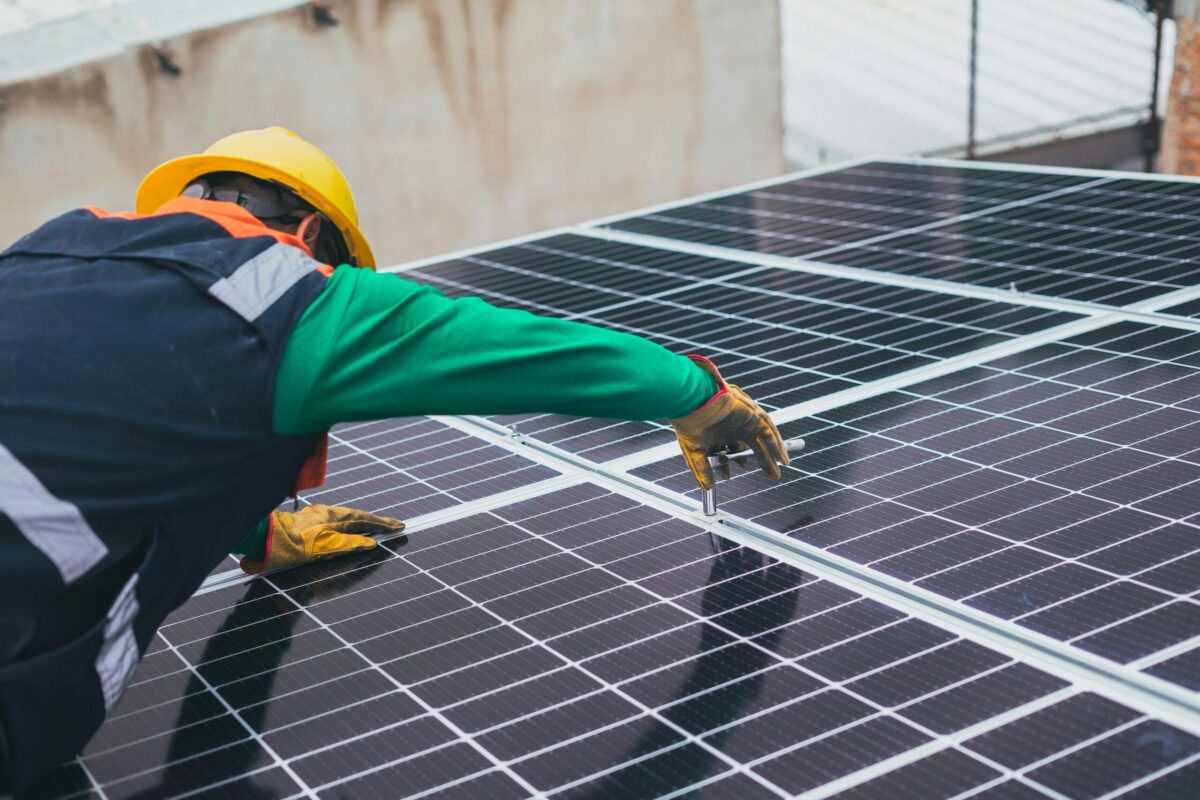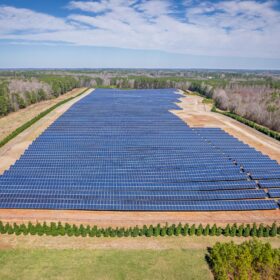The Nextbase project backed by the European Commission with $4.3 million, unites European companies and research institutes aiming to manufacture solar panels with heterojunction (HTJ) and interdigitated back-contact (IBC) technology.
A statement issued by the commission said production equipment supplied by Swiss HJT company Meyer Burger would be used to produce 25.4%-efficient HTJ-IBC solar cells on a commercial scale.
That efficiency figure would constitute “a European record for an industrially-feasible version of IBC-SHJ [silicon heterojunction] technology,” said project coordinator Kaining Ding, of German research center Forschungszentrum Jülich GmbH, which is a partner in the initiative. Ding added: “The current laboratory world record for a silicon solar cell is 26.7%, which was also based on the IBC-SHJ concept but was very expensive to make. Our approach is close to the optimum level.”
Heterojunction and interdigitated back-contact
Nextbase consortium researchers have developed a prototype four-cell by four-cell solar module they say demonstrated efficiency of 23.2%. The research team said it has also developed a manufacturing process to enable the production of its PV panels for less than $0.31/W, a figure they say is close to that of standard Asian-made PV technologies.
The research project, which has a total budget of $5 million, will now attempt to apply the cell technology on large-area modules and industrialize production.
The other project partners are Italian utility Enel, which makes bifacial HJT panels in Catania; the Netherlands-based Delft University of Technology, material sciences company DSM and grant consultancy Uniresearch; German research institutes the Helmholtz-Zentrum Berlin and Fraunhofer Institute for Solar Energy Systems; French and Belgian peers the National Solar Energy Institute and Imec, respectively; Switzerland’s École Polytechnique Fédérale de Lausanne and the Swiss Center for Electronics and Microtechnology; Norwegian monocrystalline silicon crystal provider Norwegian Crystals; and the Institute of Physics of the Czech Academy of Sciences.
This content is protected by copyright and may not be reused. If you want to cooperate with us and would like to reuse some of our content, please contact: editors@pv-magazine.com.








By submitting this form you agree to pv magazine using your data for the purposes of publishing your comment.
Your personal data will only be disclosed or otherwise transmitted to third parties for the purposes of spam filtering or if this is necessary for technical maintenance of the website. Any other transfer to third parties will not take place unless this is justified on the basis of applicable data protection regulations or if pv magazine is legally obliged to do so.
You may revoke this consent at any time with effect for the future, in which case your personal data will be deleted immediately. Otherwise, your data will be deleted if pv magazine has processed your request or the purpose of data storage is fulfilled.
Further information on data privacy can be found in our Data Protection Policy.